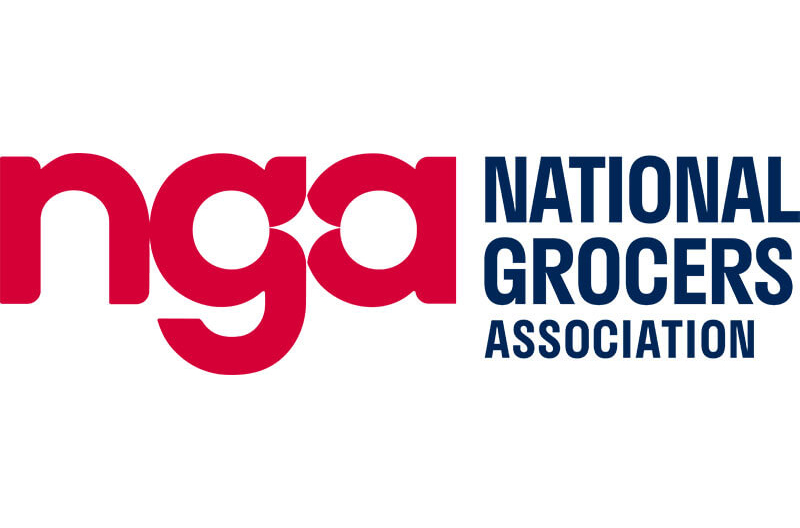by Jim Dudlicek / NGA Director, Communications and External Affairs
Consumers are increasingly looking to spend money with brands and merchants they consider to be socially responsible. Are independent grocers missing something by not taking their DEI programs far enough?
NGA hosted a recent webinar in which Lloyd Lewis, president and CEO of Arc Thrift Stores, one of Colorado’s largest employers of people with intellectual and developmental disabilities, shared his ideas on what it means to be “inclusive” as a business and a leader in your community. Lewis has devoted his life and work to helping those with IDD since his son was born with Down syndrome.
Here are some key takeaways from the discussion:
What is IDD? An intellectual or developmental disability (IDD) could be Down syndrome, autism spectrum disorder, ADHD, fetal alcohol spectrum or learning disorders, among others. There are 6.5 million individuals in the United States with IDD.
Employees with IDD lift companies. Lewis cited data showing that revenue of companies hiring disabled employees is 28 percent higher than ones that don’t; profit margins are 30 percent higher and net income is 111 percent higher. An Accenture study shows that disability inclusion increases business performance, specifically innovation, shareholder value, productivity and market share.
Yet unemployment among those with IDD is high. Fewer than 20 percent of people with IDD are employed. Meanwhile, many employers have been struggling to fill positions since the pandemic.
IDD tends to be left out of DEI initiatives. “We think about being mindful and committed to hiring people of color, of ensuring that we have hiring practices and cultural processes that aren’t biased based on race, gender or sexual orientation,” Lewis says. “But we don’t think of people with IDD when it comes to DEI.” Why? Some of the responses Lewis has heard from business leaders: It doesn’t occur to them. It’s too hard. They don’t know what accommodations to provide. They don’t have anything for them to do. They don’t have the time to manage someone with IDD on their team. “All of those reasons need to be thought of differently,” Lewis asserts.
Accommodating IDD is not a huge hurdle for employers. Lewis notes that most companies already offer accommodations like remote work or standup desks, provide mentors and training, allow for a learning curve and hire based on ability and best fit for the job. “Then, of course, there is the human benefit,” Lewis says. “It’s the right thing to do, for our communities, our society and our world.”
Here’s how to start. Lewis praises the grocery industry for its efforts to hire IDD individuals. For those looking to move in this direction, he offers this guidance: “Don’t overthink it. Be sure your policies are inclusive. Be disability friendly in your culture. All procedures and practices need to include a standard for inclusivity.” National and local resources available for assistance include The ARC, the American Association of Intellectual and Developmental Disabilities and the Global Down Syndrome Foundation, among others.
“Shifting the way we think about disabilities and shifting the way we think about DEI, changing our mindset to ‘Why not them?’ is actually one that doesn’t take as much effort or time as you think,” Lewis says.
Click here to view a recording of this complete webinar.

